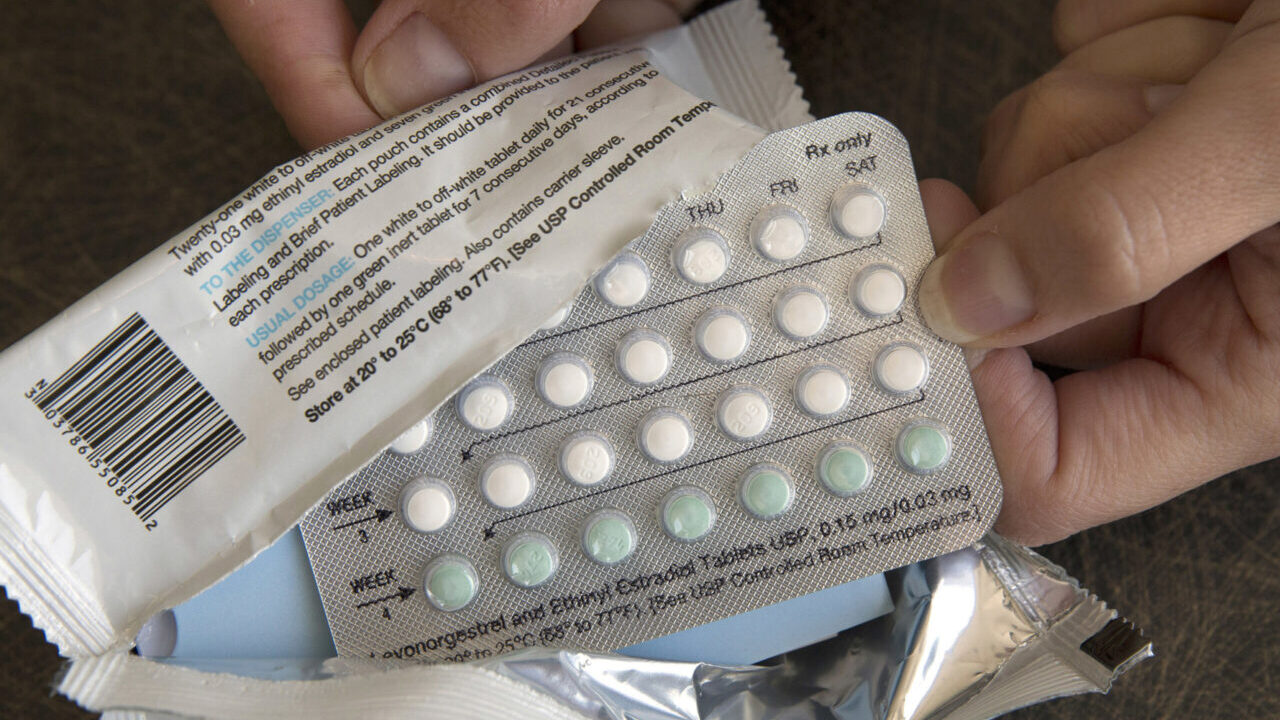Birth control without prescription expected to get second look in January after narrow defeat in House
JEFFERSONVILLE, Ind. (WIBC) – A day before voting to ban nearly all abortions in Indiana, the House came within an eyelash of a major change in the law on birth control and may try again next year.
Democrats fell a single vote short of allowing pharmacists to dispense birth control pills or patches without a prescription, with 19 Republicans joining in voting yes.
Jeffersonville Representative Rita Fleming (D) says requiring a prescription is an outdated requirement. She says while some health conditions like high blood pressure may make birth control pills inadvisable, a pharmacist can find that out in a brief consultation with a customer. The retired OB-GYN says “the pill” doesn’t really come up in medical school — she says pharmacists will know more about the medication and potential safety risks than many doctors who can write those prescriptions.
And Fleming says pharmacists are accessible at night or on weekends when doctors aren’t. They’re also more likely to be close by — Fleming says most Hoosiers are within five miles of a drugstore, while many counties have a shortage of doctors, and more than 30 have no gynecologists at all.
While legislators in some states have proposed restrictions on contraception, Indiana Republican leaders say they’re not necessarily opposed to eliminating the prescription requirement, but say the idea needs a fuller discussion in the regular session in January.
Fleming argues it’s already on the books in 17 states, including staunchly Republican Tennessee and Arkansas. And, while legislators spent two weeks in heated debate over an abortion ban, Fleming says states which have dropped the prescription requirement have seen abortions drop by one-fourth.
A bipartisan spending package approved alongside the abortion ban allows local grants for birth control access and calls on the state to seek federal approval for Medicaid coverage for long-term contraception.
